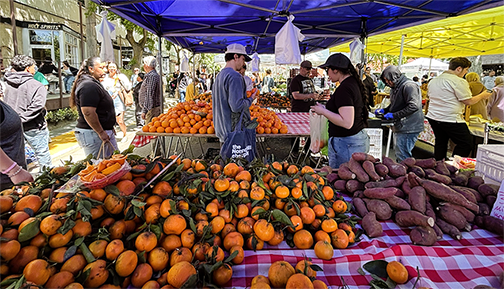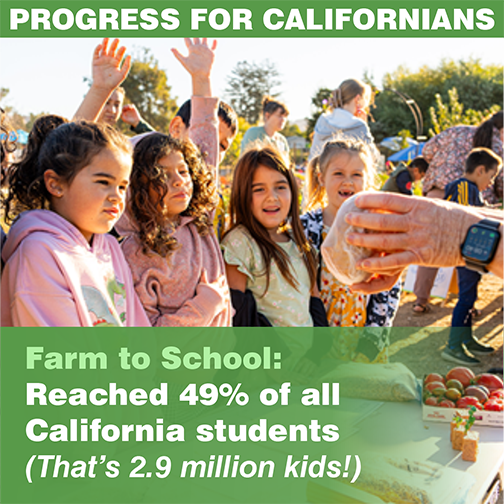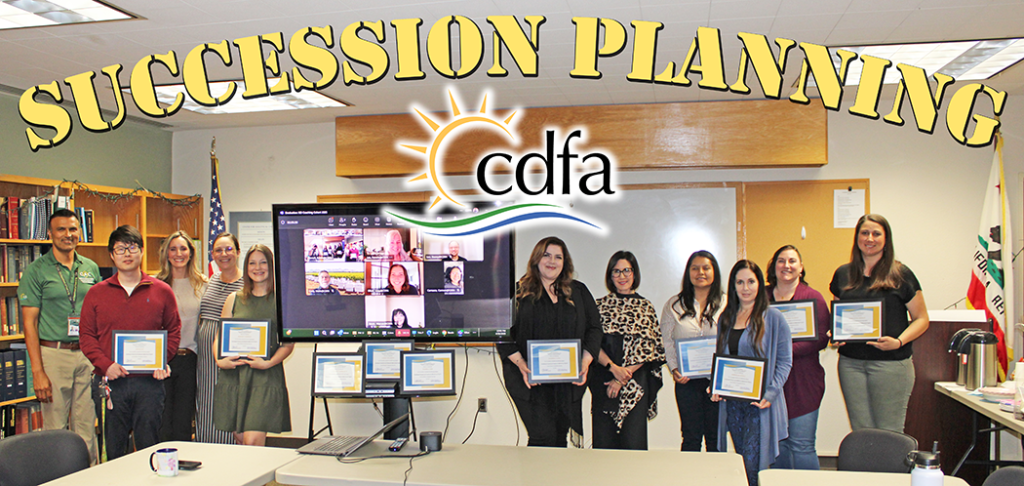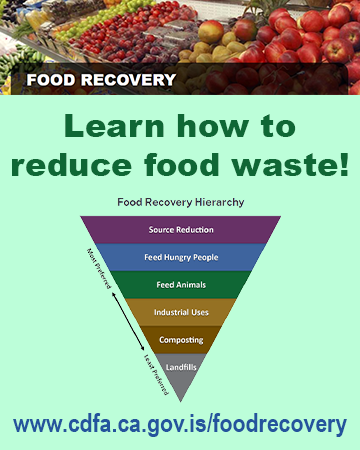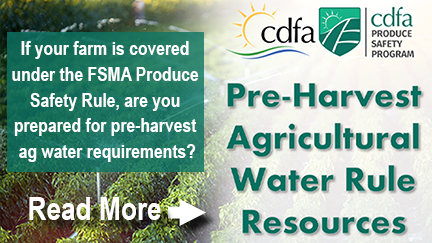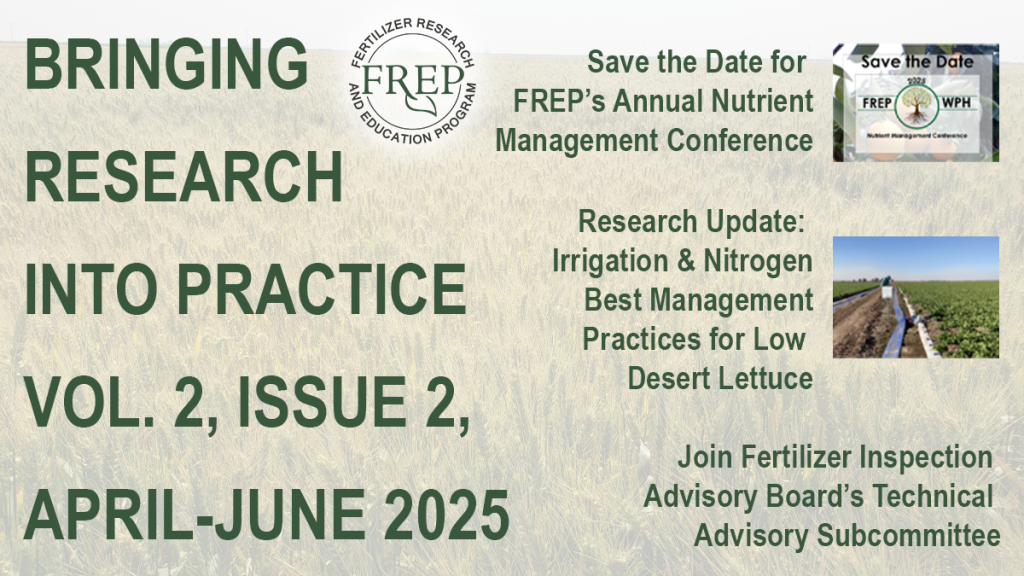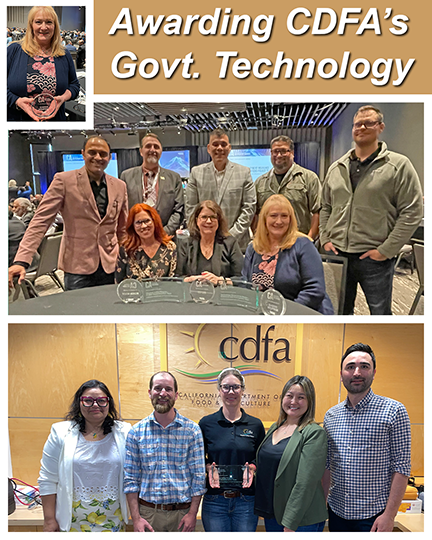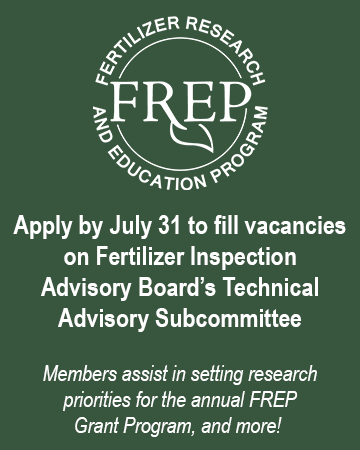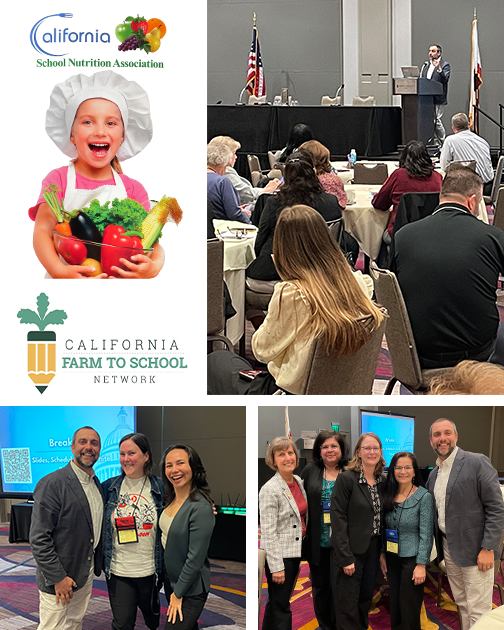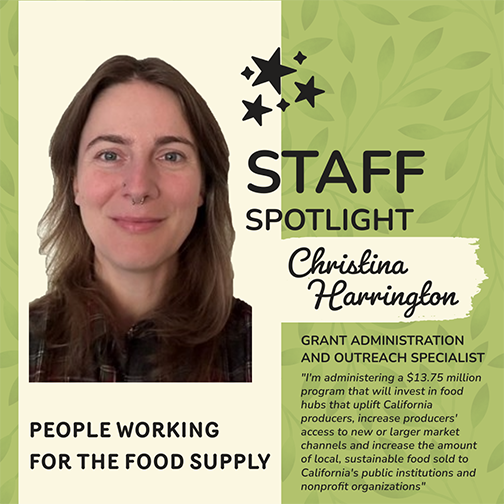
NAME: Christina Harrington ( you can call me Chris 🙂 )
TIME AT CDFA: 1 year and 3 months
PROGRAM: Farm to Community Food Hubs Program
POSITION TITLE: Grant Administration and Outreach Specialist
USUAL DAILY ACTIVITIES ON THE JOB? When I’m not creating grant program materials, I’m supporting grant applicants navigate the application process, providing one-on-one application assistance, and sharing resources about food hubs to producers, food hub operators and other food system partners. I strategize how to engage stakeholders, develop outreach materials, design training for grant technical reviewers and collaborate with my Farm to School colleagues to ensure we’re providing the best support for food hubs and producers in California.
HOW DO YOU WORK FOR THE CALIFORNIA FOOD SUPPLY? I’m administering a $13.75 million program that will invest in food hubs that uplift California producers, increase producers’ access to new or larger market channels and increase the amount of local, sustainable food sold to California’s public institutions and nonprofit organizations.
THOUGHTS OF WORKING AT INSPECTION SERVICES? This is one of the most supportive work environments I’ve ever been in. My colleagues and supervisors are genuinely kind, fun, respectful and entrust me to do the work.
MEMORABLE MOMENT ON THE JOB? Going on a ride along with a food hub operator. It was special to see him interact with small-scale farmers and local food bank staff and witness the kind of labor and relational work that goes into supporting the local food system. Plus, it was great to be out in the field again lifting produce boxes!
PHILOSOPHY OF LIFE? All that I do should further kindness and love – to others, the earth and myself.
FAVORITE PASTIME? Kayaking and cuddling with my kittens.



